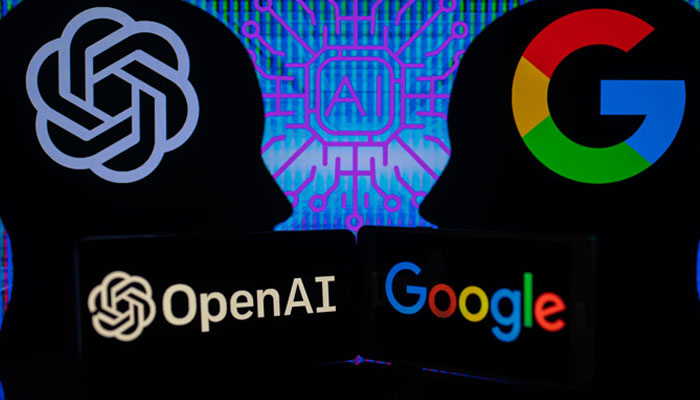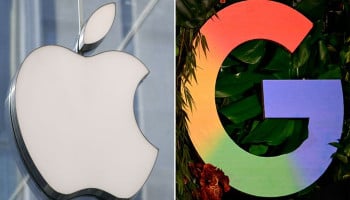
The landscape of online search is set to change as OpenAI, the company behind the popular ChatGPT chatbot, gears up to announce its own AI-powered search tool on Monday. This move signifies a direct challenge to Google's dominance in the search engine market and could potentially redefine how users access information online.
OpenAI's search product integrates seamlessly with their widely-used ChatGPT, allowing it to directly access and display relevant web information alongside citations.
This addresses a key criticism of ChatGPT — its limitations in providing real-time and accurate web search results. Industry experts believe this integration can significantly improve the user experience for those seeking reliable information.
Read more: Microsoft joins Google, OpenAI in the AI race
The timing of the announcement adds another layer of intrigue. Google's annual developer conference, I/O, kicks off just a day later on May 14. This strategic move by OpenAI is likely intended to grab attention before Google unveils its own slate of AI-powered products at the event.
OpenAI isn't the only competitor vying for a piece of the search engine pie. Perplexity, a well-funded AI startup founded by a former OpenAI researcher, has been gaining traction with its unique search interface that emphasises citations and incorporates visuals alongside text responses.
OpenAI faces pressure to maintain its user base. While ChatGPT achieved a record-breaking feat by reaching 100 million monthly users in late 2022, its popularity has waned considerably over the past year. The launch of this new search tool is likely an attempt to re-engage users and solidify OpenAI's position in the online information space. With Google and other players in the mix, the battle for search supremacy is about to heat up.
















